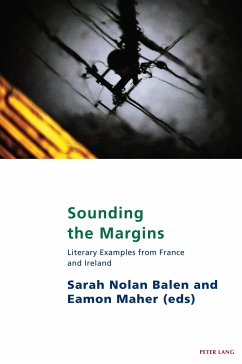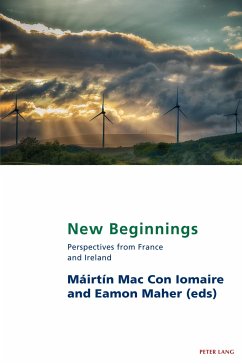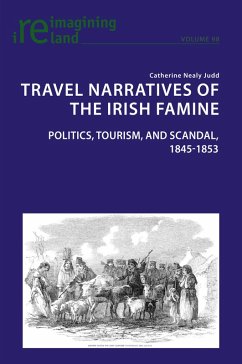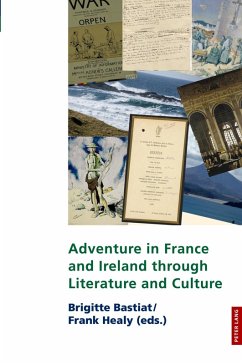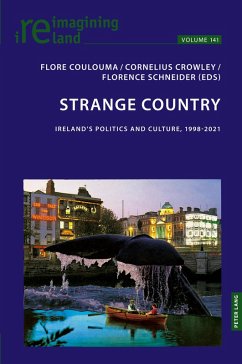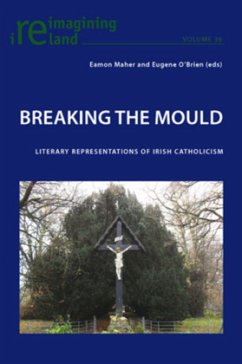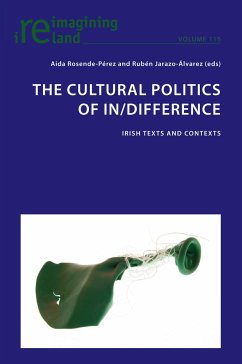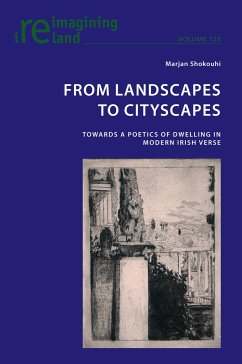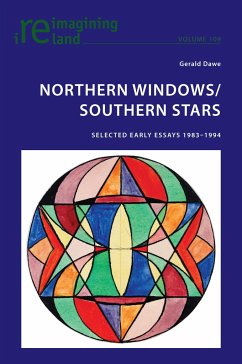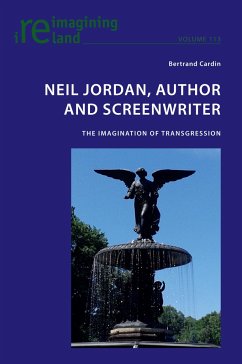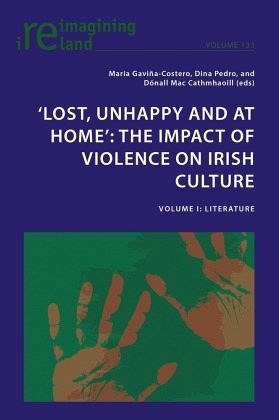
'Lost, Unhappy and at Home': The Impact of Violence on Irish Culture
Volume I: Literature
Herausgegeben: Maher, Eamon; Gaviña-Costero, Maria; Pedro, Dina; Mac Cathmhaoill, Dónall
Versandkostenfrei!
Versandfertig in 6-10 Tagen
52,95 €
inkl. MwSt.
Weitere Ausgaben:

PAYBACK Punkte
0 °P sammeln!
Violence, in its myriad forms, is a central theme in contemporary Irish history and culture and has long been a preoccupation for writers of Irish narrative fiction. This volume investigates representations of and resistance to violence in the Irish novel, offering fresh insights into the field of Irish literary studies and exploring the enduring impact of conflict on Irish society and culture. Authored by fifteen experts in Irish studies, the book explores the multifaceted nature of violence, including its patriarchal manifestation, armed conflict, sectarianism, terrorism and colonialism. Org...
Violence, in its myriad forms, is a central theme in contemporary Irish history and culture and has long been a preoccupation for writers of Irish narrative fiction. This volume investigates representations of and resistance to violence in the Irish novel, offering fresh insights into the field of Irish literary studies and exploring the enduring impact of conflict on Irish society and culture. Authored by fifteen experts in Irish studies, the book explores the multifaceted nature of violence, including its patriarchal manifestation, armed conflict, sectarianism, terrorism and colonialism. Organised into four thematic sections, this volume examines narratives that feature its effect on women; minorities; historical and intergenerational trauma; and the turbulent era of the Irish Troubles. It thereby presents a panoramic overview in Irish fiction of a subject that remains painfully timeless.




